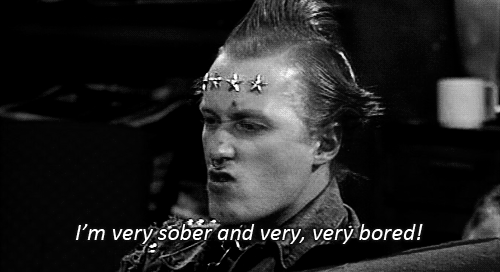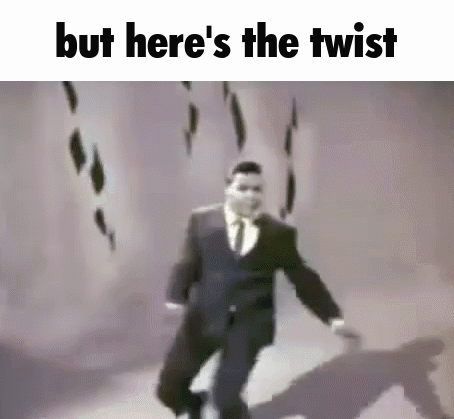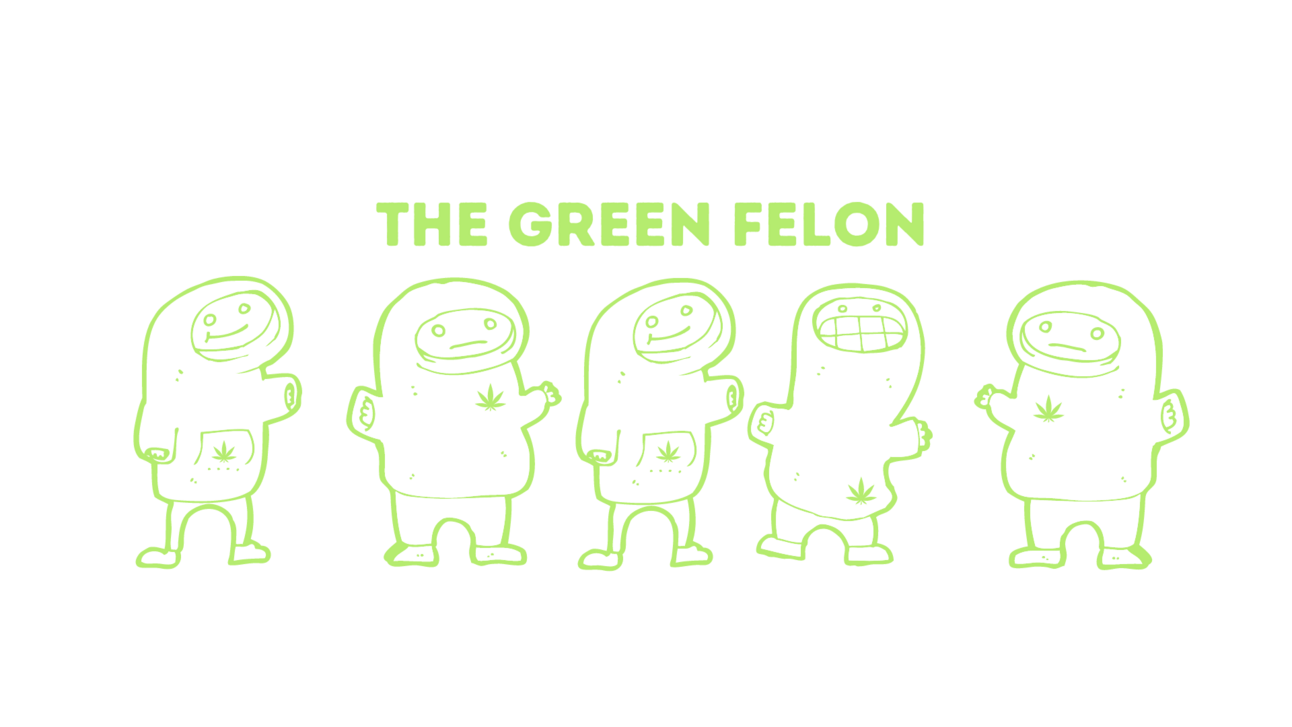
News Highlights 🥳:
Ediblocked enzyme variant theory – A Boston Globe 🏀 exposé details individuals who claim edibles 🍩 don’t affect them due to variations in the liver enzyme that converts THC into active metabolites. bostonglobe.com
Variability on first ☝️ use – Refinery29 explains that newcomers often don’t feel high due to improper inhalation 👃, low initial doses, or lack of receptor sensitization. refinery29.com
Dosage standardization helps the “lit-but-not-high” crowd 🙋 – The New York 🗽 Post’s coverage of a proposed dosing index reveals that beginners often underdose. nypost.com

Quick Read:
😭 Genetic Immunity to THC – Some individuals possess unique genetic polymorphisms in the CNR1 and FAAH genes, reducing cannabinoid receptor 🧿 sensitivity and making THC-induced psycho activity ineffective.
😫 Endocannabinoid Receptor Variability – Variation in CB1 receptor density and distribution within the endocannabinoid system can prevent the expected euphoric cannabis 🌵 response.
😤 Liver Metabolism Differences – Rapid hepatic metabolism of THC through cytochrome P450 enzymes may neutralize psychoactive effects, particularly when cannabis 🍃 is consumed via edibles.
😡 Psychological and Environmental Factors – Anxiety, expectation bias, and first-time user self-consciousness can create a psychological barrier 🧲 that inhibits cannabis’s psychoactive impact.
🫥 Medication and Microbiome Interference – SSRIs, antihistamines, and an imbalanced gut microbiome can suppress cannabinoid 🦚 efficacy, muting or entirely negating the “high.”

The Cannabis Conundrum 🤯: Why Some People Don’t Get High from Weed 🚫
It’s the question ❓ that haunts the newly initiated, bewilders the seasoned consumer 🍁, and frustrates more than a few curious souls dipping into the realm of recreational cannabis 🌬️. You light up, inhale with textbook precision 📚, and prepare for that euphoric, mind-altering transcendence that pop culture, Reddit threads 🧠, and dispensary blog posts have all promised. But nothing happens. Not a buzz. Not even a lazy blink 👀.
Welcome to one of the most peculiar, under-discussed mysteries in the cannabis world 🏔️: why some people, even after repeated attempts, simply don’t get high from marijuana.
They’re breaking it down so fast it doesn’t have an opportunity to create the psychoactive effect.”
A Tale of Enzymes, Receptors, and Resistance 🧪
At the center ⭕️ of this curious phenomenon lies the endocannabinoid system (ECS)—a network of neurotransmitters and receptors (CB1 and CB2 being the stars of the show) distributed throughout your body 🧍♀️. When THC, the psychoactive component of cannabis, enters the bloodstream, it seeks out CB1 receptors in the brain 🧠 to initiate its signature “high.”
But for some individuals 👱♀️, these receptors might be less abundant, less sensitive, or genetically resistant to THC’s effects. Think of it as trying to throw a party 🕺 in a city where most of the houses don’t have doors—it’s not that your weed isn’t potent, it’s just that your body doesn’t RSVP.
Several studies 📗 suggest genetic polymorphisms, particularly in the FAAH and CNR1 genes, may explain diminished or absent psychoactive responses 🎲. These genes affect cannabinoid metabolism and receptor density. So, yes—your DNA might be the designated driver of your entire weed experience 🚘.

Factors That Determine THC Responsiveness 🧾
Below is a breakdown of possible variables influencing why some individuals remain frustratingly grounded while others take off into the THC stratosphere 🌌:
Factor | Impact on THC Response | Notes |
|---|---|---|
Genetics 🩸 | Can mute receptor sensitivity | Variants in CNR1 or FAAH genes involved |
First-Time User Status 🆕 | Endocannabinoid system still adapting | May require repeated exposure |
Tolerance 🚬 | Frequent use can desensitize CB1 receptors | Common in chronic users |
Method of Ingestion 🍪 | Edibles metabolized differently than smoking | First-pass metabolism in liver changes effect |
Gut Microbiome 🦠 | Emerging evidence of ECS-gut interaction | Still under research |
Psychological State 🧘 | Anxiety or expectation can influence effects | Placebo/nocebo effect documented |
Hormonal Cycles 🤢 | Estrogen affects cannabinoid receptor binding | Can fluctuate effect in menstruating users |
Concurrent Medications 💊 | Antidepressants, SSRIs, or others can dull effects | Cannabinoid-receptor interference |
The Newbie Paradox 🎈
For many, the first time smoking cannabis yields little to no psychoactive sensation 🎭. This isn’t always due to a tolerance issue—it’s actually part of what researchers dub the “First-Time Non-Response Effect.” In a 2009 review, scientists posited that unfamiliarity with the drug, poor inhalation technique, or anxiety about the experience 🫣 can all conspire to suppress the expected high.
Even veteran 🪖 users who introduce cannabis to their friends are often met with the same refrain: “Am I doing this wrong?” 💨 The answer might be yes—but sometimes, it’s also just biology’s way of ghosting your neurotransmitters.

Metabolizing Edibles with a Twist 🍬
Some people who report no effect from smoking may discover that edibles hit differently—harder, and usually later 🕓. Why? Because orally consumed THC is processed in the liver into 11-hydroxy-THC, a more potent metabolite that crosses the blood-brain barrier with more force 💥.
But for certain individuals with fast-acting cytochrome P450 enzymes—the molecular bouncers of your liver’s detox nightclub 🍸—even edibles don’t do the trick. They break down the THC before it can party in your brain, leading to underwhelming or nonexistent effects ⚙️.
Placebo, Nocebo, and the Psychology of Not Getting High 💔
It might sound 👂🏾 strange, but expectation plays a massive role in THC efficacy. If your brain is hardwired to distrust euphoria, or if you're mentally bracing for disappointment, you may subconsciously suppress the drug’s impact ✳️. The placebo effect works both ways—when you expect a drug to work, it often does. When you expect failure, your body obliges.
Cannabis 🌲 is a psychoactive substance, and its impact is as much about neurochemistry as it is about perception 🪞. This might explain why people in high-stress environments or under observation (hello, first-time social smokers!) often don’t feel much.

Chronic Users 🧑🍳 and the Great Dulling
Regular cannabis consumers might eventually find that their usual dose does... well, nothing 🫠. This is because of CB1 receptor downregulation, the body’s way of whispering “that’s enough” after chronic stimulation 💤. Unlike alcohol or opioids, cannabis tolerance builds rapidly and recedes slowly, leaving heavy users in a high-seeking loop 🔁.
Some long-term users must take tolerance breaks to reset their system. But even this doesn’t guarantee restored psychoactivity, especially if other compounding factors—like medications or metabolic changes—are still in play ◀️.
Medications That Muffle the Magic 🎩
If you’re on SSRIs, beta-blockers 🔰, antihistamines, or even certain pain relievers, don’t be surprised if cannabis seems ineffective. These substances can interfere with your ECS, modify THC’s journey through your bloodstream, or compete for the same enzymatic resources 🧃.
One infamous culprit? Fluoxetine (Prozac), known for altering serotonin and dampening dopaminergic pleasure centers 🎡. The result? Your cannabis may be chemically sidelined.

The Gut-Brain-Weed Axis 🔱
Newer research 📓 suggests your gut microbiome—that teeming metropolis of bacteria and fungi—may play a role in how you experience cannabis 🪱. The ECS and the gut are in constant biochemical conversation, and a disrupted microbiome could potentially dampen cannabinoid signaling.
If you’ve ever wondered whether a probiotic regimen might somehow make your edibles work better, you're not alone—and you might even be scientifically validated in a few years 🍜.
You’re Not Broken—Just Biochemically Unique 🦄
Why don’t some people get high from cannabis? The answer is frustratingly multifactorial—genetics, brain 👁️ chemistry, digestive processing, psychological readiness, and even gut flora 🤰.
Before you throw your stash into the void or accuse your dealer of fraud 📦, consider journaling your intake method, product type, and emotional state. Track your response patterns. You’re not immune—you’re individual.
When someone scoffs and says, “I didn’t feel anything,” offer them empathy, not judgment. Cannabis is not a universal language 🌍—some of us just need subtitles.
If weed 🌻 doesn’t get you high, does it still make you... you 🫵?
🧞♂️ Create Your Reality 🧜♂️

The information provided in this newsletter is for informational purposes only and does not constitute medical, legal, or professional advice. Always consult with a qualified professional before making any decisions based on the content shared here.

